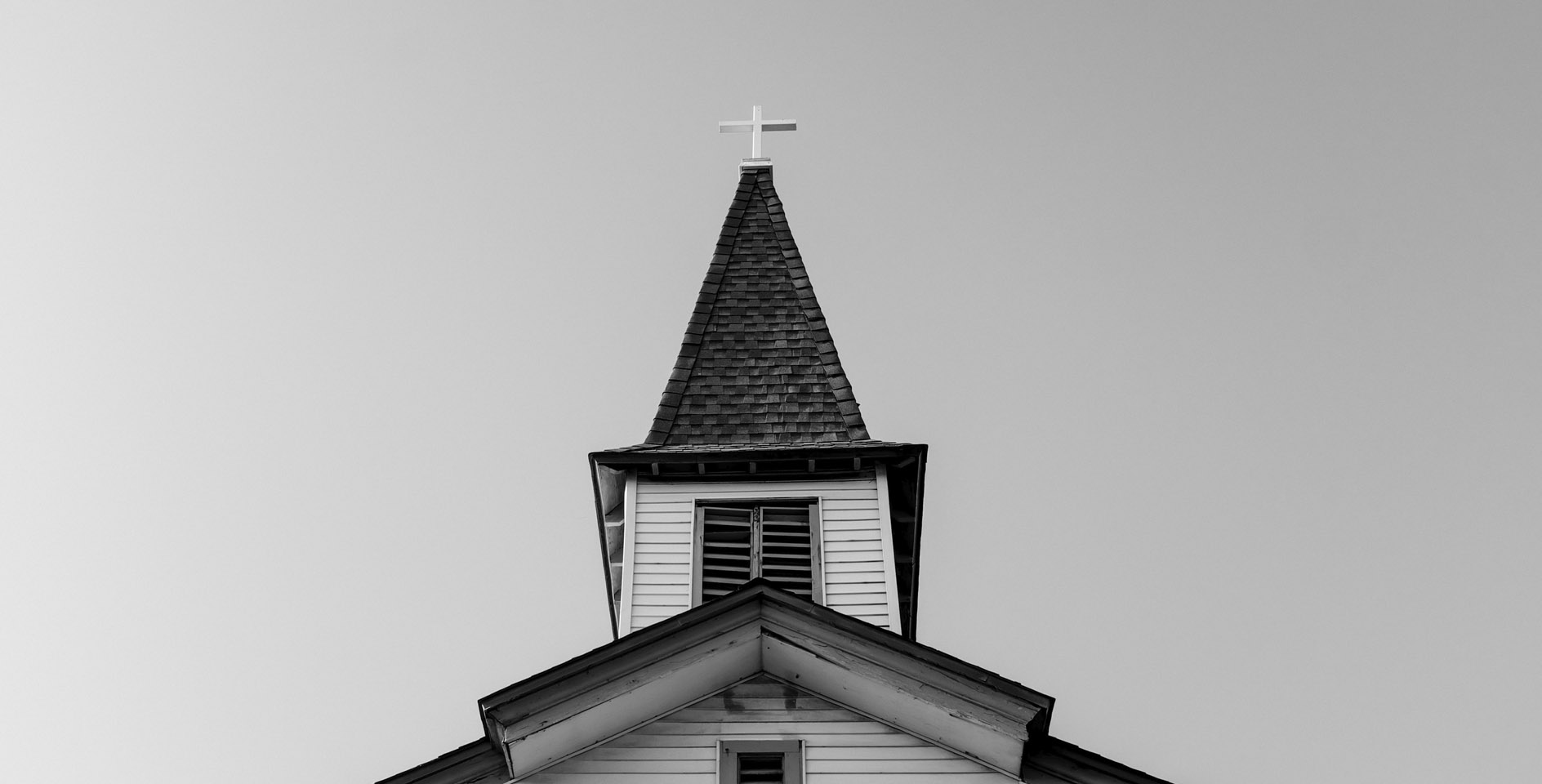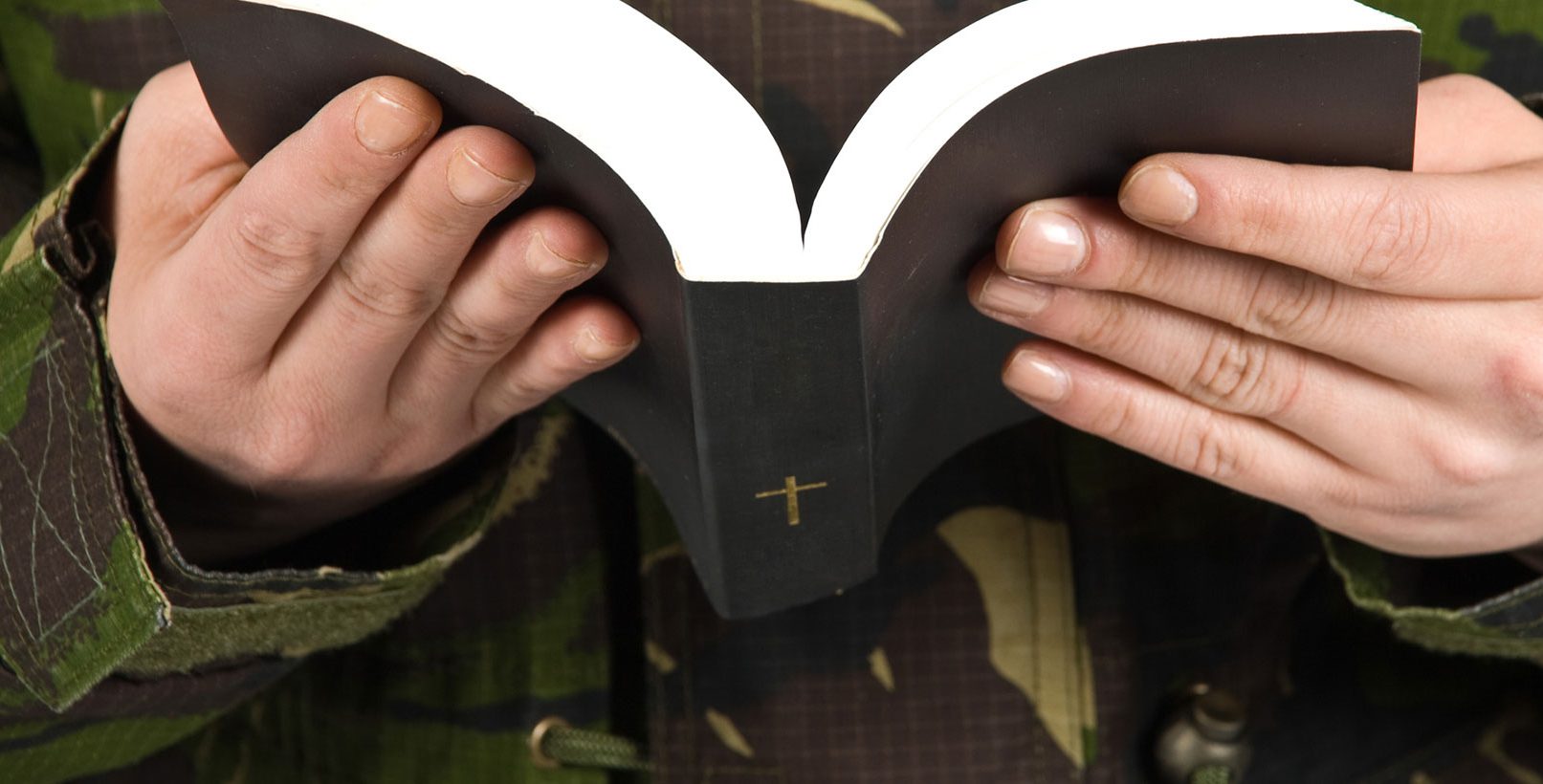A new twist in the battle by same-sex marriage advocates occurred in North Carolina this week. The United Church of Christ, three ministers in the United Church of Christ, a Lutheran pastor, two Universalist Unitarian ministers, and the openly lesbian pastor of a Baptist church filed suit in federal court to overturn North Carolina’s Marriage Amendment on the basis that it violates the free exercise of religion guaranteed by the First Amendment. Because same-sex couples are not allowed to marry under North Carolina law, they claim their free exercise of religion is violated. “If a minister conducts any marriage ceremony between same-sex couples, he or she is guilty of a crime,” their complaint alleges.
The truth is that the United Church of Christ and these ministers are seeking to impose marriage re-definition on the State of North Carolina, contrary to the will of the voters who approved a Marriage Amendment just two years ago by a margin of 61% to 39%. While clever, the claim that marriage between one man and one woman violates free exercise of religion is absurd. This is yet another creative, yet predictable tactic in the carefully planned campaign to force same-sex marriage on the country.
There appears to be a carefully orchestrated effort between the press and same-sex marriage activists to deceive the public about what’s at stake here—religious freedom or marriage re-definition.
For example, consider this quote from Evan Wolfson,founder and president of Freedom to Marry, an organization that supports same-sex marriage.
In their zeal to pile on to denying the freedom to marry, North Carolina officials also put in place a measure that assaulted the religious freedom that they professed to support by penalizing and seeking to chill clergy that have different views. The extent to which North Carolina went to deny the freedom to marry wound up additionally discriminating on the basis of religion by restricting speech and the ability of clergy to do their jobs.
Other sources have accused the new North Carolina Marriage Amendment of prohibiting clergy from performing “religious blessing ceremonies and marriage rites for same-sex couples” under threat of prosecution and civil judgments.
These activists have cleverly turned the argument to legalize same-sex marriage on its head, using a basic right most Christians hold dear—free exercise of religion—as their mode of attack. But, how could prohibiting same-sex marriage really violate the free exercise of religion? Does this shrewd offensive on marriage have any validity?
The North Carolina Marriage Amendment which was enacted on May 8, 2012 reads in full:
Marriage between one man and one woman is the only domestic legal union that shall be valid or recognized in this State. This section does not prohibit a private party from entering into contracts with another private party; nor does this section prohibit courts from adjudicating the rights of private parties pursuant to such contracts.
The Marriage Amendment simply recognizes that marriage is between one man and one woman, and that no other “domestic legal union” (whatever it is named) is legally recognized by the State. It does not intrude into the church’s authority or jurisdiction by telling the church what it must recognize as a marriage; it merely defines what the Statewill recognize as a marriage. This is not nuanced language for a marriage amendment, but language that is almost exactly like ten to twelve other state marriage amendments.
A second sentence in the Marriage Amendment makes it clear that private contracts are not covered by the Amendment. Thus, ministers are free to bless unions that are not legally recognized as marriages in North Carolina, and to even call them “marriages” and treat them as such.
The United Church of Christ’s lawsuit, however, makes its free exercise claims by bringing in a pair of statutes that date back to 1813 and 1817:
91. If a minister conducts any marriage ceremony between same-sex couples, he or she is guilty of a crime:
North Carolina General Statute § 51-6 states: “Solemnization without license unlawful. No minister, officer, or any other person authorized to solemnize a marriage under the laws of this State shall perform a ceremony of marriage between a man and woman, or shall declare them to be husband and wife, until there is delivered to that person a license for the marriage of the said persons, signed by the register of deeds of the county in which the marriage license was issued or by a lawful deputy or assistant.”
North Carolina General Statute § 51-7 states: “Every minister, officer, or any other person authorized to solemnize a marriage under the laws of this State, who marries any couple without a license being first delivered to that person, as required by law, or after the expiration of such license, or who fails to return such license to the register of deeds within 10 days after any marriage celebrated by virtue thereof, with the certificate appended thereto duly filled up and signed, shall forfeit and pay two hundred dollars ($200.00) to any person who sues therefore, and shall also be guilty of a Class 1 misdemeanor.”
These statutes set forth the requirement, that anyone lawfully authorized to perform a marriage that is recognized by the State, including ministers, must first have a marriage license in-hand. In other words, without a marriage license, a minister is prohibited from pronouncing, “By the authority vested in me by the State of North Carolina, I now pronounce you husband and wife.” Furthermore, solemnizing a marriage as an agent of the state without a license subjects the minister to criminal and civil penalties. There are obvious reasons for such a statute.
This has been the law in North Carolina for over 200 years, including the period when North Carolina had only a Defense of Marriage Act and a marriage statute that defined marriage as between a “male and female.” What’s more, these previous statutes apply equally to all ministers and only when they act in their role as agents of the State in solemnizing a marriage recognized by the State. They do not apply to a minister’s ecclesiastical authority in his or her church to bless any type of ceremony the church allows, including a same-sex commitment ceremony. Therefore, the Plaintiffs’ allegation that these statutes make it a crime for a minister to conduct a same-sex marriage in their churches is only partly true.
This is not a case of government interference in the free exercise of religion, although the Plaintiffs in the case are definitely asserting that it is. The State of North Carolina has not ordered ministers in the United Church of Christ or any other church to perform any certain type of marriages. On the contrary, this is a “violation of the separation of church and state” because the church is trying to force its religious practices regarding same-sex marriage on the State.
The United Church of Christ alleges in its complaint that: “For more than 30 years, the General Synod of the UCC has adopted resolutions affirming lesbian, gay, bisexual, and transgender (“LGBT”) persons; calling for an end to discrimination and for equal protection under the law; deploring LGBT hate crimes and violence; supporting LGBT relationships and families; . . .” It is hard to believe that the prohibition on homosexual marriage significantly burdens religious exercise. If it does, then why did the United Church of Christ and its clergy wait so long to bring this lawsuit? They could have sued years ago, when the North Carolina statutes “criminalizing” performance of a marriage without a license were adopted. Waiting centuries to sue suggests that there was no urgency and, hence, little or no burden.
The state has a valid interest in determining who can legally marry. The religious freedom claims should have no validity, because of the case of Reynolds v. United States (1878), in which the Supreme Court held that, under the Free Exercise Clause, a religious belief/duty to have more than one wife did not trump a state law that prohibited bigamy and polygamy.And just last summer, the Supreme Court in Windsor v. United States (2013) affirmed the right of the states to determine for themselves marriage and family policy, and that is what the State of North Carolina has done. It is no different than what every other state in the country with a marriage amendment has done.
In North Carolina, we are afflicted with a new tactic from the gay rights movement every week. Three lawsuits have been filed (including this one) to force gay marriage on the State. Gay military couples filed a brief in the 4th Circuit’s Bostic v. Schaefer case alleging they can’t get federal military benefits because North Carolina doesn’t recognize their marriages. The plaintiffs in the first two lawsuits have sought immediate injunctive relief against our marriage laws, because they claim to be experiencing health difficulties that only being married will resolve. Finally, gay couples go to courthouses across the state almost weekly, as part of the “We Do” campaign asking for marriage licenses; being politely refused; then staging a sit-in or an arrest because they won’t leave. This lawsuit is truly “the gay-marriage tactic of the week,” instead of some newly discovered First Amendment right to same-sex marriage.
North Carolinians had good reason to protect marriage in their Constitution, recognizing that the union of a man and woman plays an irreplaceable role in the health of society, first of which is the protection of children. It is both ironic and sad that an entire religious denomination and its clergy who purport holding to Christian teachings on marriage would look to the courts to justify their errant beliefs. These individuals are simply revisionists that distort the teaching of Scripture to justify sexual revolution, not marital sanctity.
In 2012, when many of us across North Carolina were working fervently to pass the Marriage Amendment, the United Church of Christ made public denouncements of the Amendment, staged rallies and protests against it, organized phone banks and precinct walks to defeat it, and raised money to finance the defeat. Their clergy were at the heart of their efforts. They lost at the ballot box, and so now, they have taken the fight to the federal courts and out of the hands of the millions of voters in North Carolina who voted by 61% to put marriage protection in the State Constitution. The question is, will the courts see through this new tactic? Will they realize it is really about marriage re-definition, not religious liberty?










